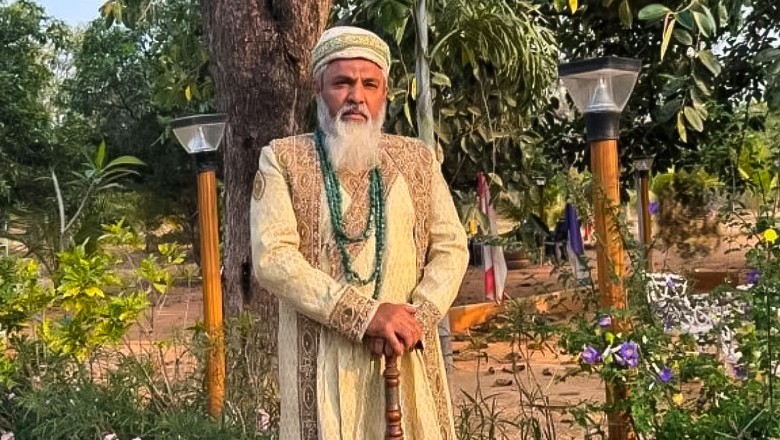India: Descendant of Bahadur Shah Zafar urges UN to protect Aurangzeb’s tomb

Web Desk
|
16 Apr 2025
Amid the ongoing controversy surrounding Emperor Aurangzeb’s tomb in India, a man claiming to be a descendant of the last Mughal king, Bahadur Shah Zafar, has written a letter to the United Nations, seeking protection for the historic site.
Recently, Hindutva extremist organisations have intensified calls to demolish Aurangzeb’s grave, alleging that the Muslim emperor persecuted Hindus during his reign and posed a threat to Indian culture and historical identity.
Aurangzeb’s tomb is located in Khuldabad, in the Aurangabad district, which has been renamed Chhatrapati Sambhaji Nagar.
In March, communal riots erupted in Nagpur following a protest by the Vishwa Hindu Parishad (VHP), which turned violent and led to the curfew.
Read: Mob burns, desecrates Holy Quran verses in India’s Nagpur, police impose curfew
Yakub Habeebuddin Tucy, who identified himself as the mutawalli (caretaker) of the waqf property associated with the Mughal emperor, addressed a letter to UN Secretary-General António Guterres.
In his letter, Tucy pointed out that the emperor's grave has been designated as a "Monument of National Importance" under the Ancient Monuments and Archaeological Sites and Remains Act of 1958, which prohibits any unauthorised construction, alteration, destruction, or excavation at or near the protected site.
He urged the international community to take notice, emphasising the need for protective measures in line with global efforts to preserve cultural heritage.
Check: Hindutva mob attacks mosque during Holi celebration in Maharashtra
“Due to the misrepresentation of historical facts through films, media, and social platforms, public sentiment has been manipulated, leading to unwarranted protests, hate campaigns, and symbolic acts of aggression such as the burning of effigies,” Tucy stated.
He further warned that “any act of destruction, neglect, or unlawful alteration of such monuments would amount to a violation of international obligations,” highlighting that India is a signatory to the 1972 UNESCO Convention Concerning the Protection of the World Cultural and Natural Heritage.












Comments
0 comment